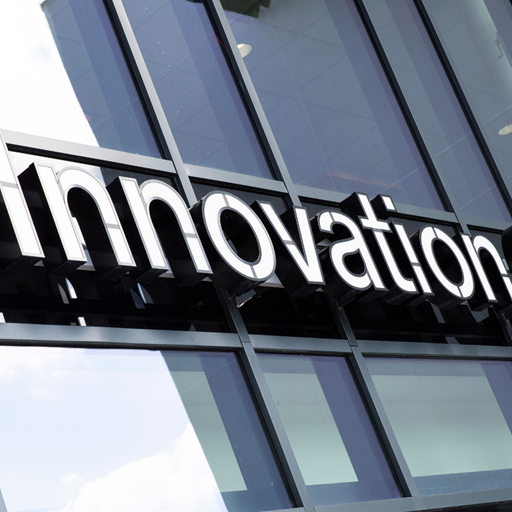Research England’s latest Knowledge Exchange Framework report (KEF2), which is published today, showcases the rich and diverse ways English universities continue to engage with society and our economy - locally, nationally, and internationally.
The findings show Essex has done exceptionally well in six out of the seven key KEF2 performance areas. It is in the top 20% for its work with the public and third sector, as well as its performance in terms of commercialisation. The University also performed extremely well in four other categories – coming in the top 40% for its work on local growth and regeneration, public and community engagement, working with businesses and graduate start-ups.
Dr Rob Singh, Director of Essex’s Research and Enterprise Office, said: “Putting research into action to benefit society is part of the DNA of the University of Essex.
“Essex contributes nearly £600 million to the regional economy annually and, in partnership with government bodies, businesses and charities from regional to international level, puts its research into action to improve people’s lives and inform debates around policy development and implementation.
“We have been working hard to establish an even wider range of connections to business and the public sector over the past few years. As a result, our consultancy income has more than doubled over the past four years.”
Key achievements include:
- Securing £60m investment for the Knowledge Gateway research and technology park, which includes Parkside Office Village and the Innovation Centre, which forms a regional hub for innovation.
- Number one university in the UK for Knowledge Transfer Partnerships (KTPs), boasting a portfolio of more than 40 initiatives worth £10 million that have delivered substantial value to business.
- Evaluating the impact of projects including A Better Start Southend, a programme supporting children in areas of deprivation, and an innovative Internet of Things project involving five south London boroughs.
- Spin-outs, including Ultrasoc Ltd, which was acquired by Siemens in 2020 demonstrating the value of Essex’s research.
- Angels@Essex, developed with University Enterprise Zone funding, matches investors with those needing funding. So far 38 businesses have shared over £19 million and a further £9.5 million has been raised in an additional 15 funding rounds.
- Establishing unique £500,000 partnership with the East Suffolk and North Essex NHS Foundation Trust (ESNEFT) - which will use state-of-the-art modelling, machine learning and data analytics to deliver real-world improvements to vital hospital services.
Professor Chris Greer, Pro-Vice-Chancellor for Research at Essex, said: “We are delighted to see that KEF2 has acknowledged Essex’s continued excellence and commitment to knowledge exchange and sharing expertise.
“We are dedicated to stimulating economic growth and nurturing cultural and social development. An integral part of our research at Essex is knowledge exchange and the impact it generates.
“Local, national and global communities benefit from the work carried out by our researchers and we are looking forward to expanding our collaborations in the future, sharing our world-class research with external stakeholders to make the world a better place.”
Key public engagement achievements include:
- An extensive programme of student volunteering, tackling a wide range of projects to meet the needs of the local community, charities and schools.
- Our School of Law and Human Rights Centre run several initiatives that support local communities, including the Human Rights Local project which shows how human rights are closely linked to everyday life by working with local and community groups, local authorities and other stakeholders, and the Essex Law Clinic which offers free legal services to the local community.
- Joining forces with Essex County Council to appoint a Chief Scientific Adviser, tasked with helping researchers and policymakers work together to improve public services across the county.
- Annual programme of events ranging from public debates and lectures to film screenings and art exhibitions.
- Broad outreach programme welcomes schoolchildren to our campuses to explore higher education.
David Sweeney CBE, Executive Chair of Research England, said: “Knowledge exchange is integral to the mission and purpose of our universities, and its importance in contributing to societal and economic prosperity is strongly supported by the Government.”

.jpg?mh=500&mw=500&hash=6568B6C9CCF5290A596BEF6678B6AD0E)




